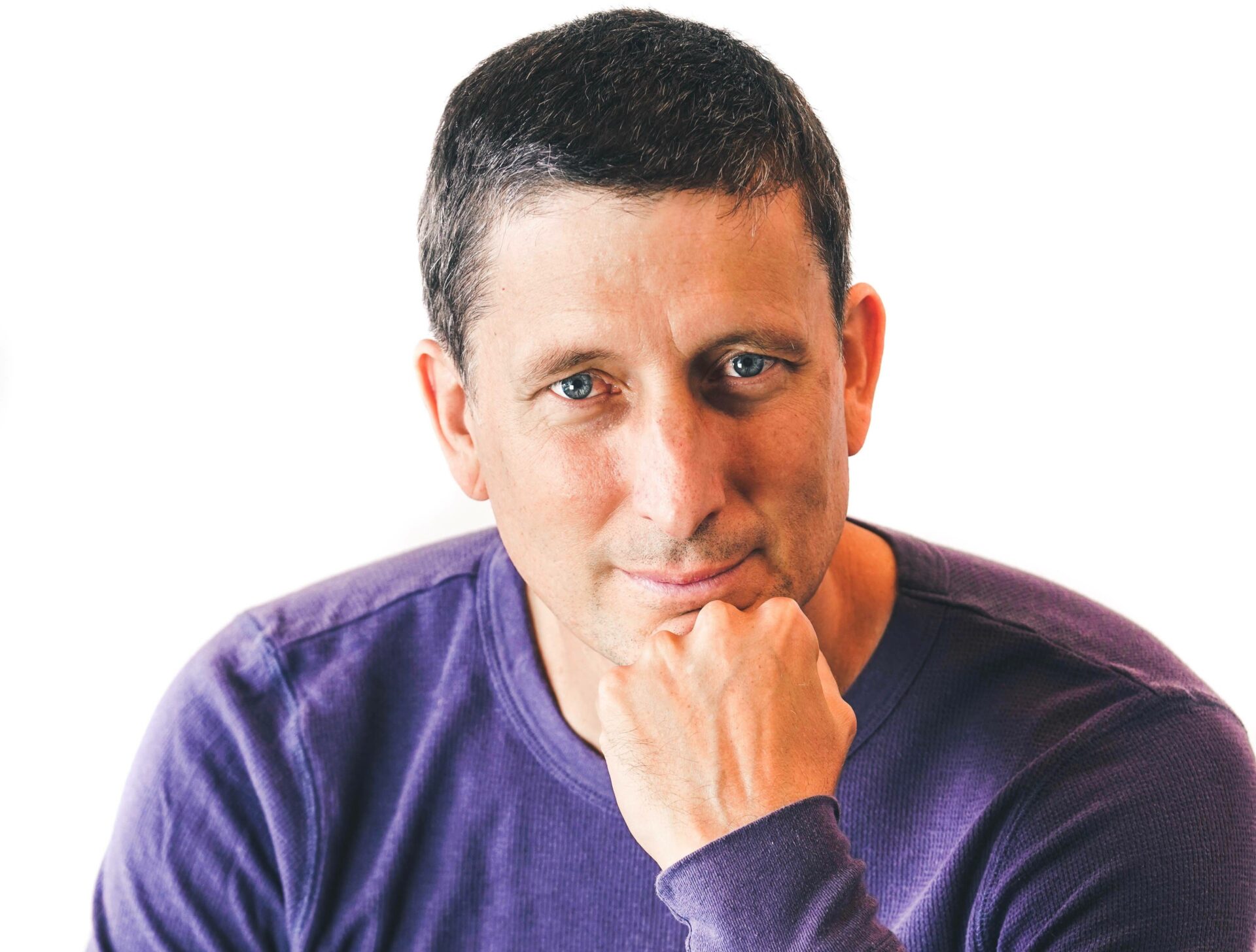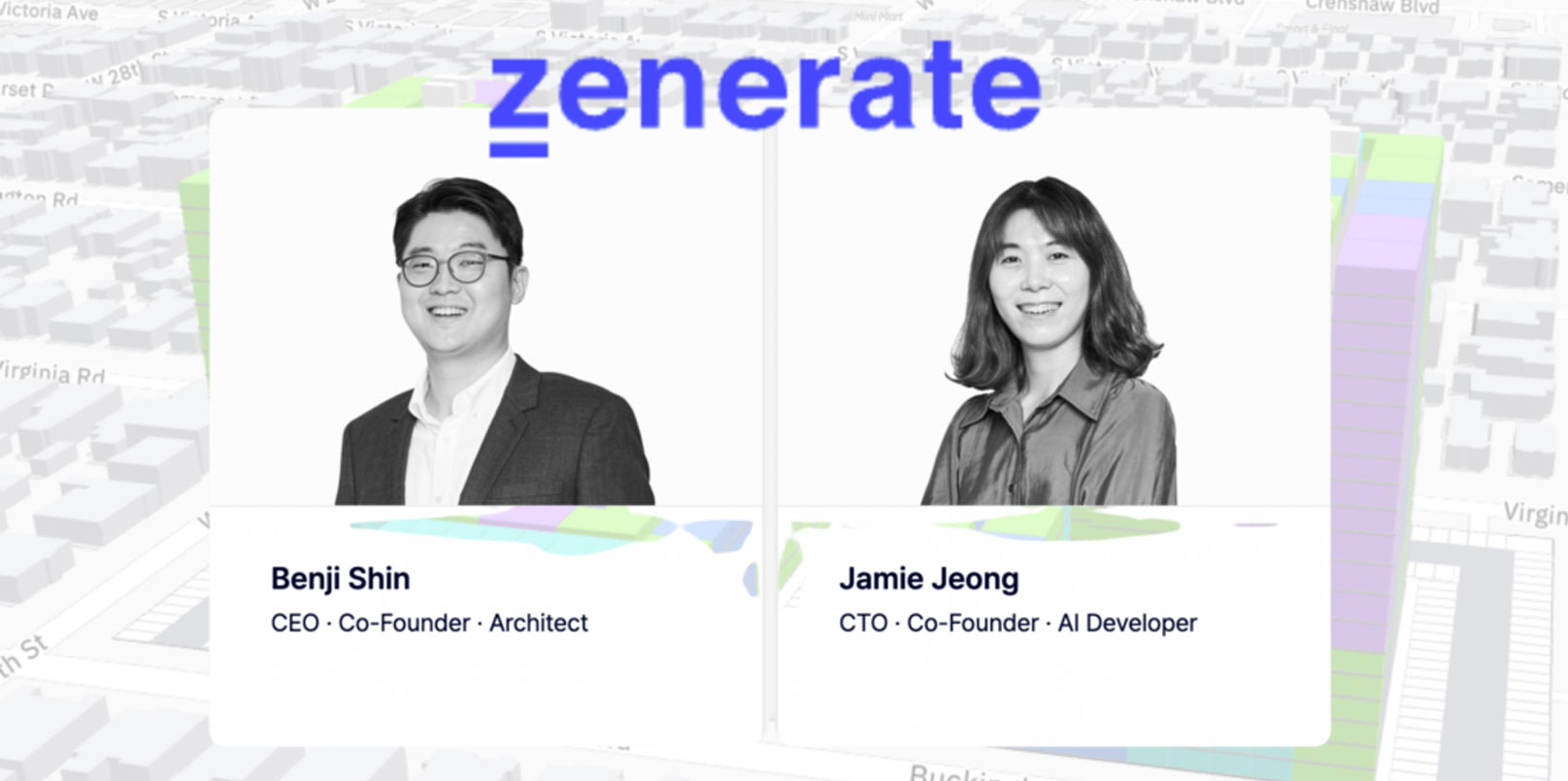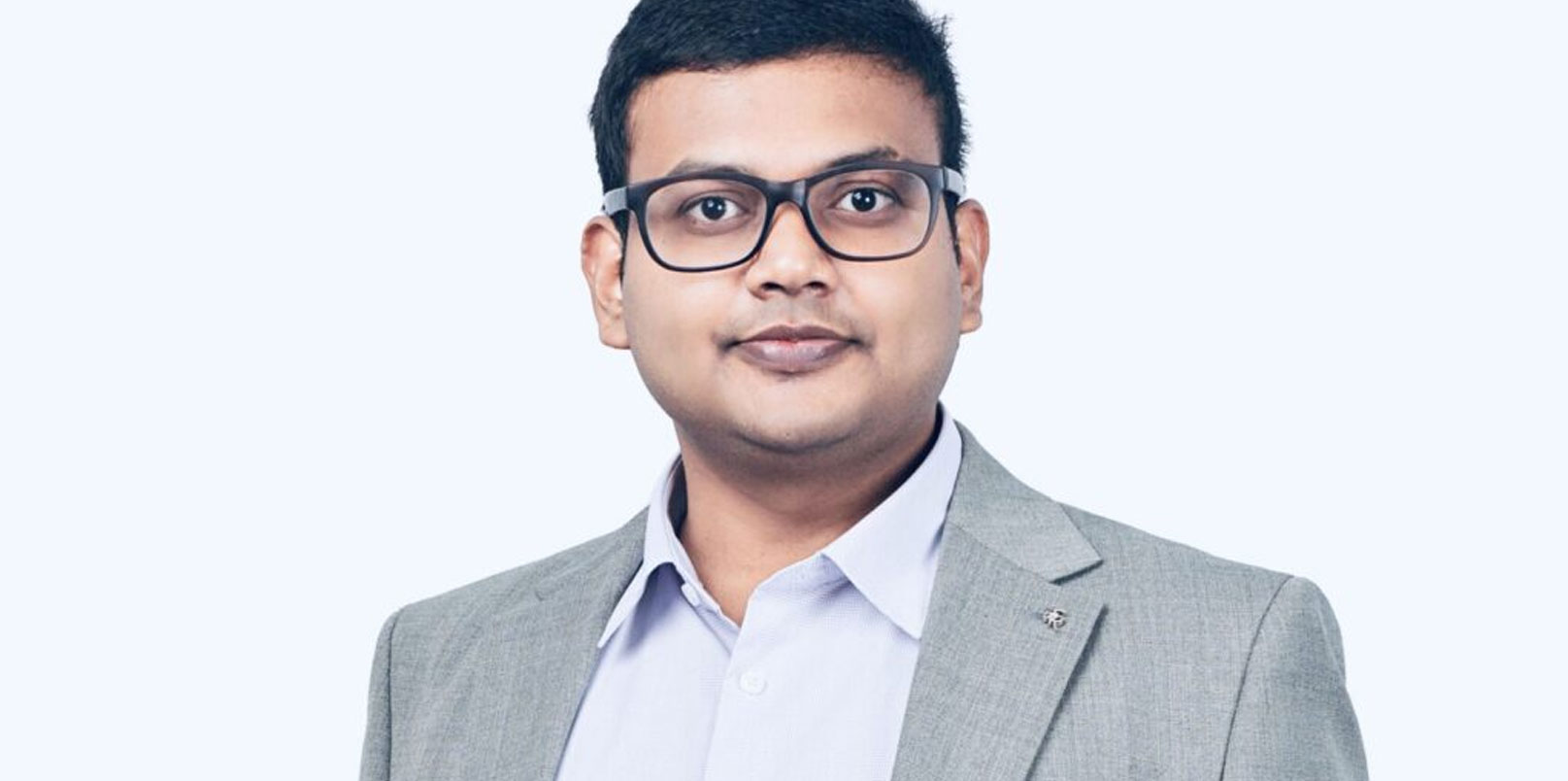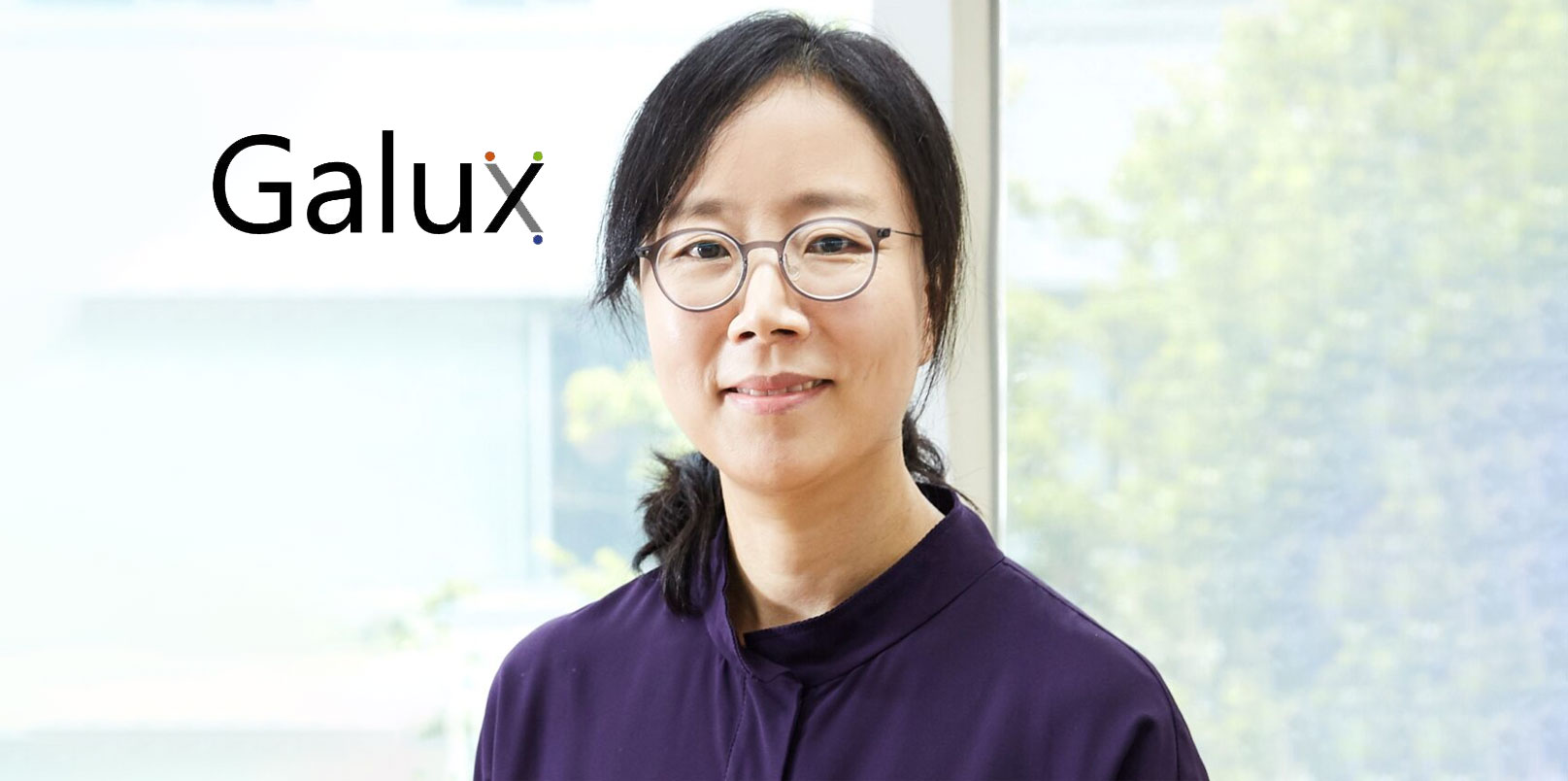He is one of Silicon Valley’s foremost experts in growth and network effects. James Currier, a four-time CEO of VC-backed companies, including Tickle (acq Monster), WonderHill (acq Kabam), Iron Pearl (acq PayPal) and Jiff (acq Castlight), is a pioneer of user-generated models, viral marketing, A/B testing, crowdsourcing, and myriad other growth techniques that have since been adopted by nearly all technology companies, including LinkedIn and Facebook.
In 2015, James co-founded NFX, a $150M early-stage venture capital firm focused on network effect businesses along with Pete Flint and Gigi Levy Weiss. You can read his world-leading analysis of network effects and growth at www.nfx.com/essays.
Koreatechdesk.com had a chat with James Currier regarding his opinions and advice for the startup industry.
1. As an investor, what kind of startups have you invested in?
As an angel between 2004 – 2015, I invested in 50 startups, most with network effects and viral effects at their core. Companies like Flickr, Goodreads, Lyft, Houzz, Patreon, and Poshmark. As someone running an accelerator 2015-17, I invested in 80 companies of the same type. Now running a venture firm, we’ve invested in 25 companies with the same focus.
2. How did you find those startups to invest in?
In founding four VC-backed companies, I had many investors and hundreds of teammates. I made them all money, so they were glad to send me other investment opportunities. Also, I work hard to be useful and insight with Founders, so people will be eager to send me good companies. Most companies I invest in are sent by former employees, former investors, and former Founders I invested in or advised. I’ve been working with startups since the 1990s.
3. What would be the core factors (reasons) that you invest in those companies?
Great Founders is the number one criteria. What is a great founder? Fast, smart, determined, confident enough to admit mistakes and change direction, able to raise money, and able to attract the best talent to work with them. After great Founders, I look for businesses with network effects that allow them to be defensible. Then they must be at the seed stage, which is the stage I invest in.
4. What is the investment range? How much do you put into each startup? and in a typical year, how many startups do you invest in?
We typically put $1-$3 million for 15% of a company. We invest in 15 companies per year.
5. What are the main factors (reasons) that startups fail that you have experienced or noticed so far? and How to prevent those mistakes in advance from your personal perspective?
They can’t find the product-market fit. They can’t find what customers want. Another reason they fail is they come too late to a market, so customers are busy buying products from competitors that got there first. Another reason they fail is they are not targeting a market that is big enough to attract capital or the best talent. Many company ideas are “good” ideas, but they are big ideas. With so many big ideas around, few people want to put money and energy into small ideas.
6. What’s your advice for entrepreneurs who meet (or pitch to) investors like you?
Use www.thecompanybrief.com to explain your business to investors before the meeting. There are great videos there explaining how to pitch well to investors. Be succinct. Investors see 6 new companies per day. You must be short and get to the good parts of your story right at the beginning.
7. What’s your general thought (definition) about the term “Global”?
I mean you build a business that can expand beyond its country of origin into more markets. Having that vision and drive to take it all is a great thing.
8. What are the important factors (criteria) for Korean startups to consider for a US expansion?
Hiring the right person in the US to lead the effort. Very simple. It’s a hiring challenge. Nothing more.
9. Our media group company name is “beSUCCESS”, what’s your definition of the term “success” as an investor or as an individual human being?
Create something valuable to others. Create something you can share with people. Something that excites people, employs people, inspires people. Touch the world. Make a dent in the universe.
10. What are the things (one or two) that you would do differently if you could go back to 10 years ago?
I would have become a full-time investor sooner. I used to think it was a negative job, meaning it was about saying no all the time, and the more negative you were the better you were at your job. But now I see how much positive I can create by being an investor.
11. When you come to Korea next time, what kind (entrepreneur type or startup industry) of Korean entrepreneurs and startups you want to meet?
Gaming, marketplaces, payments, e-commerce, SMB software, viral enterprise SaaS…. all these can have network effects.






